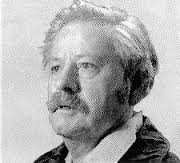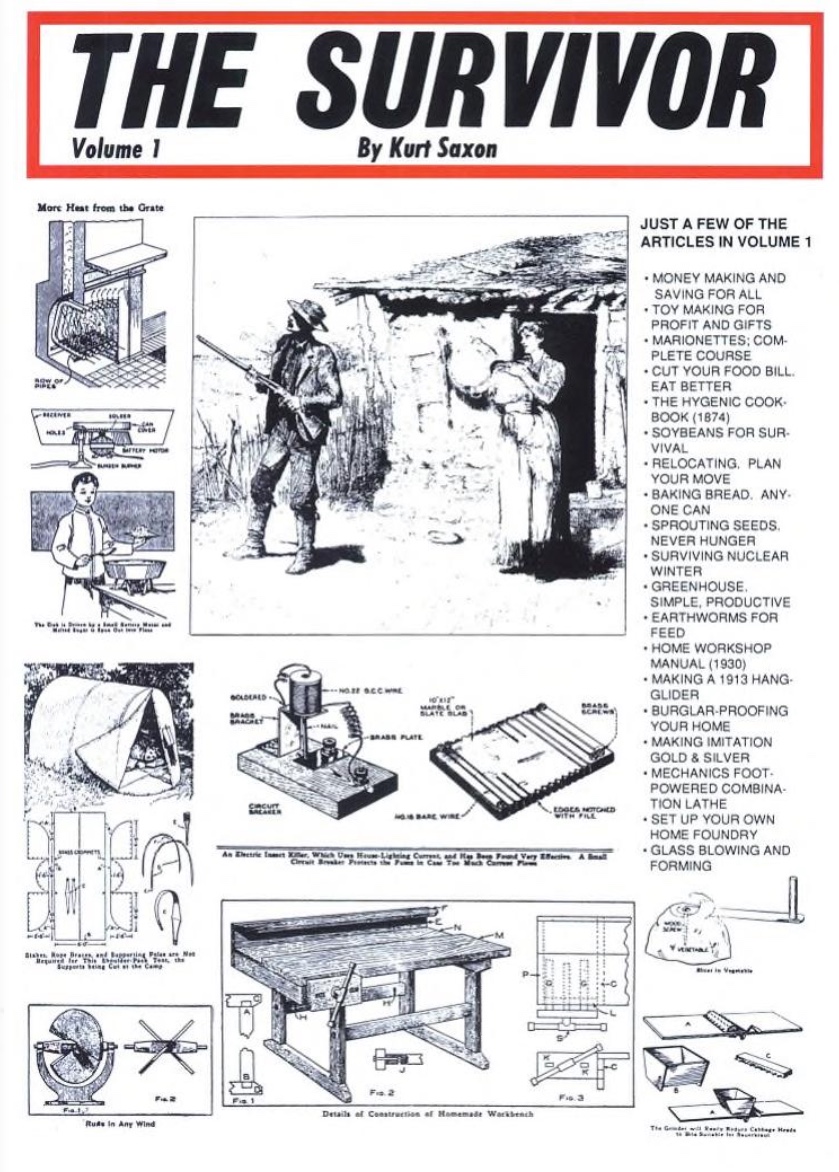 Between the wars in Korea and Vietnam, the fears of nuclear fallout and poisonous chemicals like DDT were troublesome to most Americans who just wanted to lead comfortable lives. Now there were unseen forces capable of suddenly and silently destroying civilization.
Between the wars in Korea and Vietnam, the fears of nuclear fallout and poisonous chemicals like DDT were troublesome to most Americans who just wanted to lead comfortable lives. Now there were unseen forces capable of suddenly and silently destroying civilization.
Survivalist Kurt Saxon studied the premature fall of legendary empires like Greece and Rome that fell into the hands of violent and uneducated barbarians: “Years ago, I was fascinated by how civilizations rose, provided comforts for the populace, erected great monuments to skill and industry and then fell. If they had a system which worked for them, why didn’t they go on to ever higher levels of refinement? Why did such powerful nation states as Babylon, Greece and Rome fall to such illiterate savages as the Scythians, early Romans and Huns? Imagine New York City of 1880 being taken over by the Sioux. (I think they could do it today).“
The Dark Ages that followed the Fall of Rome in the early 400s AD meant an almost complete break for Europeans who soon lost all memory of the knowledge and skills that had come before. Saxon was convinced that the same fate awaits America and the West. Social upheaval will again leave the masses of people in darkness and ignorance. Technology will be lost.
There were some embers of knowledge during the post-Roman Dark Ages, however. Some Christians hid out in remote monasteries, and saved the main outlines of Roman knowledge. The Church became the basis of education and technology for centuries to come.
Men like the Carthaginian Martianus Capella tried to write down as much knowledge as he could before it would all be lost. His encyclopedic collections of Imperial Roman subjects were taught in the monastery schools.
Like Capella, Saxon believes that knowledge of esoteric technological subjects will be forgotten if society collapses. Even now, people have forgotten the survival skills and know-how that were essential in rural America just a generation or two back. So Saxon began to collect simple how-to ways of getting-by in a future world if people find themselves in villages without commerce or government:
“I hit on the idea of collecting all the practical knowledge of the 19th Century, as it was relatively simple and easy to apply. Also, it would insure a standard of living far from primitive and a springboard to the technology we have today. Further, it is far easier for the layman to understand than modern texts on science and crafts.”
Saxon’s survivalist ideas seem to be coming back into vogue, and his very unusual books, are now free and downloadable online. He is a good example of original thinkers on the right who have been buried by liberal media and academe since the 1960s.

